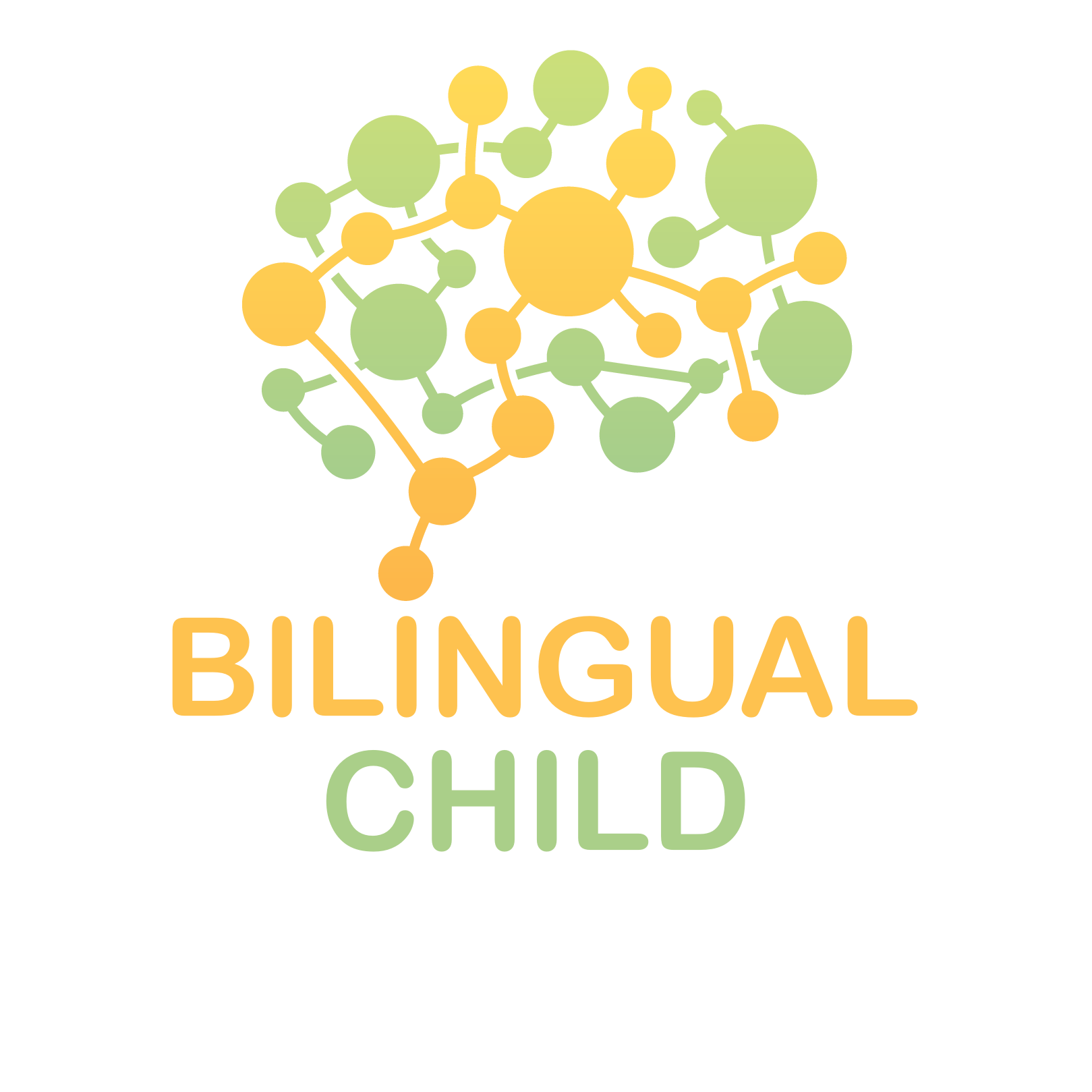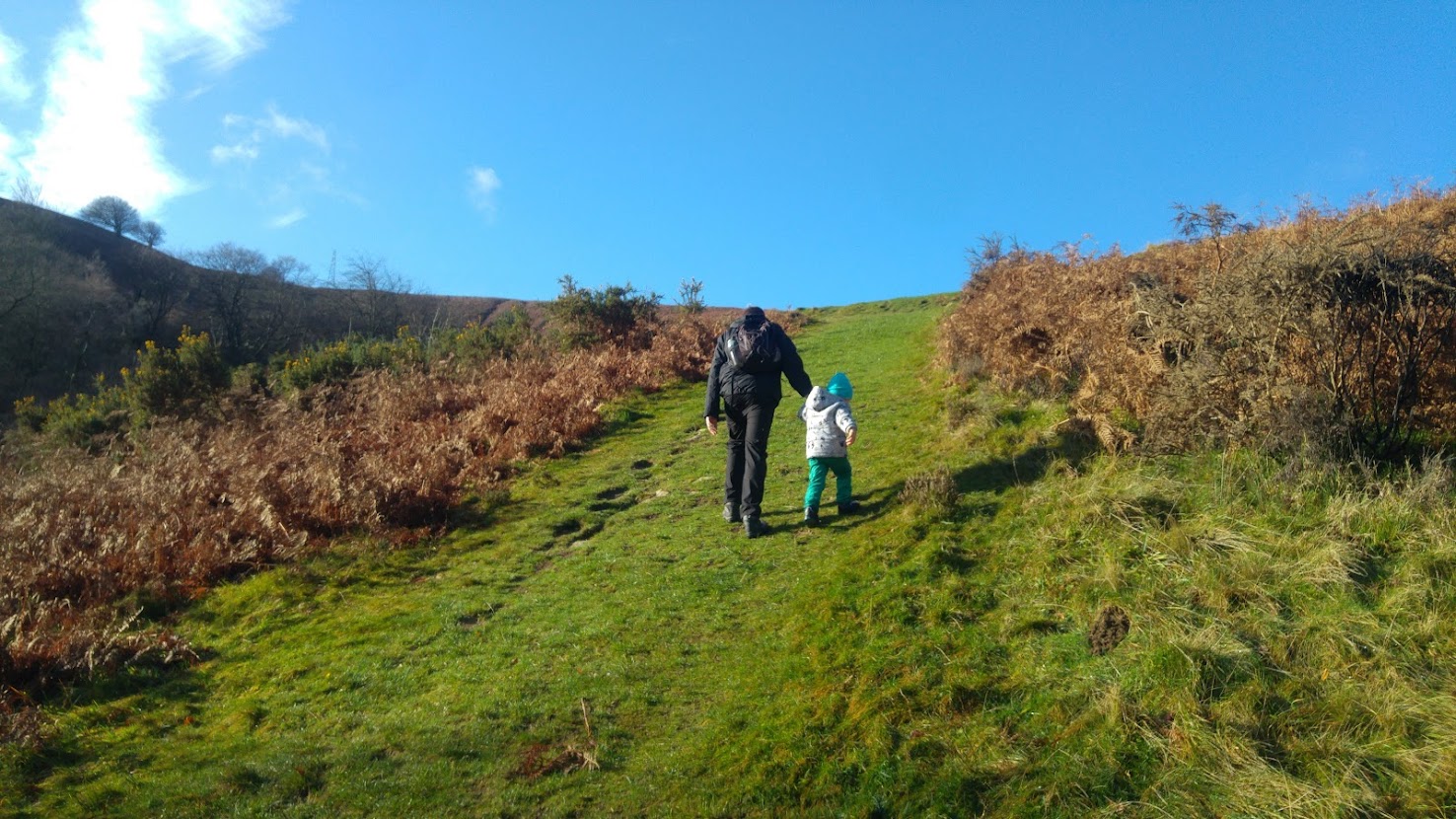
I need to admit – when I first thought of the term ‘bilingualism’ I simply thought of the ability to communicate in two languages. I’ve never considered at how many levels you can actually understand this term as to ‘be bilingual’ means different things to different people!
Definitions of bilingualism range from a minimal proficiency in two languages to an advanced level when the speaker is seen as a native. A person may describe themselves as bilingual but may mean only be able to converse and communicate orally. Others may be proficient in reading and writing in two or more languages. Someone may have grown up learning and using two languages simultaneously, and the other one can become bilingual by learning a second language after their first language.
The definition doesn’t seem so simple after all, does it?
To express my understanding of the term, I’ll quote Francois Grosjean Ph.D.:
‘Bilinguals know their languages to the level that they need them. (…) What is important to keep in mind is that bilinguals are very diverse, as are monolinguals’
Did we want our child to be bilingual? Of course we did! To be honest with you, we didn’t have too much choice, as we lived away from our origin country. Did I find it difficult? Not difficult, but confusing.
Because we are both Polish, it was an easy choice for us to use Polish at home. However, I had a few concerns about how to speak in different situations ie. how should we communicate in public areas – we didn’t want to be excluded in conversations but we still wanted our boy to have confidence and constant reassurance about Polish.
I believe that the most important action we took was to TALK and then we made a DECISION what our aim is. Talk to your partner and make sure that you both want to raise your child bilingual, knowing that it will bring a lot of challenges. Ideally, if you both agree on how you’re going to communicate and you’re both consistent, you’re halfway there! There is nothing worse for the little one than mixed signals from parents. And the road will be bumpy, but as long that you make a strong team, you’ll be all right!
Together with my hubby, we agreed that whenever it’s three of us (actually four now!) we speak Polish, even if we’re shopping or are at the restaurant table. But if we are about to have interaction with the others, we swap to English. We try to be natural, I want my kids to be proud of being bilinguals, not whispering or feeling ashamed of it. I always repeat to my boy – you are a hero and your superpower is communicating in two languages! It has worked for us, but I know that every family will be different… But again – everything you do, it needs to be two of you on the same page. Don’t feel pressured by others, an all-knowing aunt or a friend. None of them is in your situation and just remember – what you are giving your children now is priceless! All this bilingual journey for me is like hiking – requires preparation, you put a lot of effort into it, getting tired, but when you reach the summit you know that it was totally worth it!
How has your bilingual journey started? Was it difficult to get your partner on board of bilingual journey?
Feel welcome to join my newsletter, where I will be sharing with you ideas and resources to help you to support your child in his bilingual journey.







Recent Comments